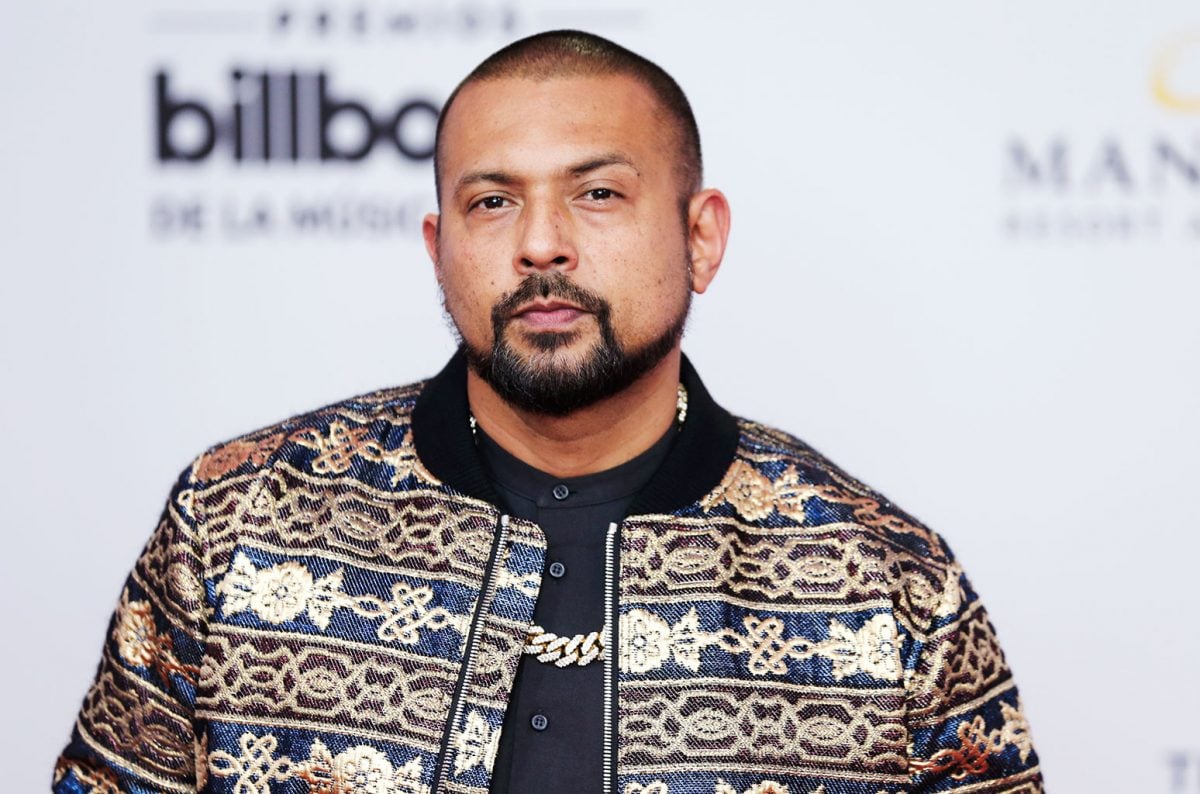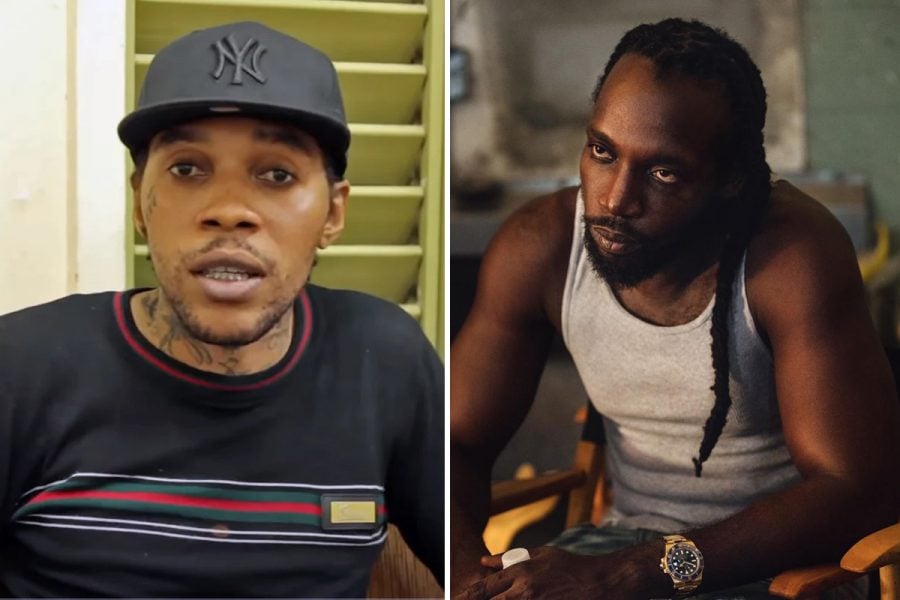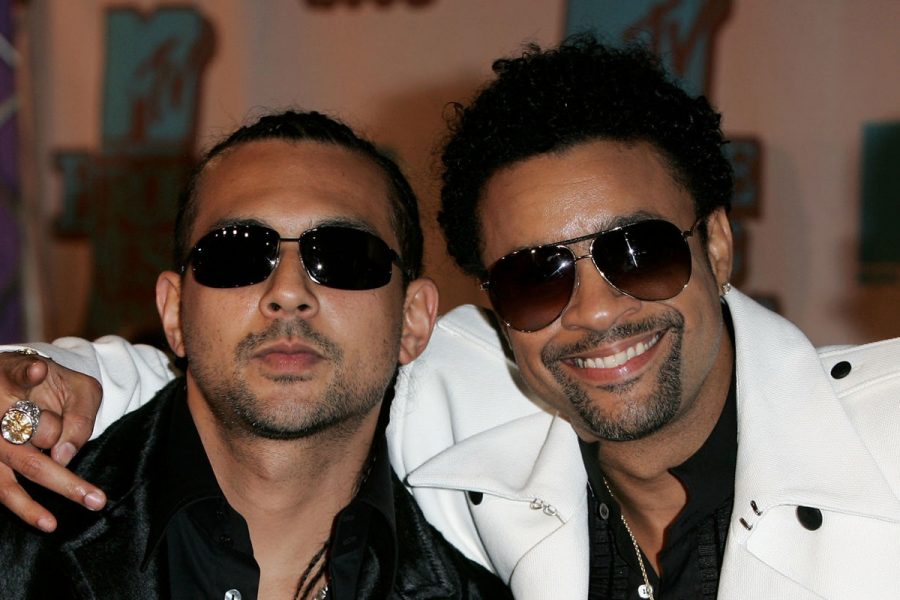Sean Paul On Why Dancehall Artists Like Vybz Kartel, Mavado Failed To Crossover

Dancehall superstar Sean Paul has pinpointed two other key factors, apart from visa revocations, which contributed to some of the most prolific Jamaican stars, including Mavado and Vybz Kartel, failing to become cross-over successes in the United States.
Speaking to Two Bees TV in an interview several weeks ago, but which was made public on Friday, Sean Paul said in addition to the revocation of visas of a slew of deejays in the late 2000s, it was also the failure of artists themselves to pay attention to the ebb and flow of music consumption globally, and the national preoccupation with the Gaza vs Gully feud which resulted in more Jamaican acts not crossing over.
During the interview, the host told Sean Paul that she was working on a project analysing the careers of “big Dancehall artists that were able to cross over” – like Sean Paul himself, Elephant Man, and Beenie Man specifically, and noted that it appeared that in the late 2000s, Dancehall artists that had influence, like Vybz Kartel, and Mavado, “struggled to cross over”.
She added that according to her research, “it seems like it was a direct result of when the United States was canceling all of the Dancehall artist’s visas” and that she felt like it stifled the entire genre as they were unable to tour”.
“That’s a big part of it, yeh,” Sean Paul said in response.
He added: “There is a lot more to it than that. There is behaviours and stuff that happened and that’s why they lost their visas for whatever reasons it was.”
Obsession with Gully vs Gaza
But during the lengthy discussion, the Temperature artist explained that while the Jamaican Dancehall and the artistes themselves were obsessing themselves with the Gully vs Gaza feud, the international music crowd did not look their way and moved on without them.

“But when you look at the history of Dancehall music and how we affected and interjected ourselves into different genres of different streams and it just shows that it is an ebb and flow,” he explained.
“And I will give you some scenarios: Shabba Ranks and people like Shaggy, they were a little before my time but they buss the door open for me. How did they do it? They didn’t go with Ting a ling a ling, which was what we loved.”
“We did love slow and sexy with Johnny and Maxi Priest and Shabba, and Mr. Loverman. But those were mixed with R&B for especially American radio’s palate to accept them. Because our raw Dancehall… those weren’t crossing over. They weren’t getting on the radio… So they used those R&B at the time, to get into the earshot of the programme directors and get on the radio,” he added.
Sean Paul, in explaining the crossover history of the genre in the US, said that after Shabba and Shaggy set the pace and the doors flew open, there was a subsequent demand for hard-core Dancehall music.
“Time passes: people like Beenie and Bounty Killer, Spragga Benz, myself come along and it’s about time now when the international markets – the residue of what happened with Shabba and Shaggy and those people – there were people going: ‘I miss that’; ‘where is that?’ ‘I want to hear more of that’, ‘we wanna hear the more hard core stuff’.
“They had a taste for that now. So their palates opened. Who was ready for that? Beenie, myself, other people came through the door – Mr. Vegas. We came with hardcore original Dancehall music,” he said.
Sean Paul said after his career skyrocketed, almost a decade later he recognized that “the market had a changing taste”, and so, like his predecessors Shabba Ranks and Shaggy, decided to tailor his Dancehall sound to meet what they were gravitating towards.
“About 2010 I started finding myself having problems getting my songs on the radio, so I had to blend it with what was the top music at the time, just like Shabba did and just like Shaggy did, where I was blending it with the dance music…EDM… just to stay in the earshot.”
“But I’m someone who saw the trends and I was like I gotta mix my music with this now like what Shabba did and what Shaggy did. Because that is how I keep my audience,” the St. Andrew native explained.
Failure to recognize changing trends in music
The Grammy-winning artist said that while in Jamaica, Dancehall fans were having a jolly time engrossing themselves in the Gaza-Gully saga, the opportunities continued to escape the artists, as “the world was starting listening to more dance music and more pop-sounding music”.
Sean Paul said that even though at that point in Dancehall history he had recognized that it was time again to blend the sounds, the feuding artists were oblivious to this as they were busy writing and recording clash songs to outdo each other.
“I think that in Jamaica… when somebody is successful at a certain type a music, everybody wants to do that but they ain’t watching the trends of what is happening on Earth and that’s a big part of it. That’s a big part of what happened and it’s the same time I started to do more poppy-sounding Dancehall and more Dance oriented sounding Dancehall.

“It was time to blend the sound and none of us want doing it, except for myself and probably Shaggy…,” he said. So you have to watch the trends and I think that what some of our artists weren’t doing. We were just going hard at each other and that’s what I mean about the clash. You know, but instead of us celebrating those people we are celebrating the clash.”
Visas
The Wolmer’s High School old boy said in spite of the visa revocations, the behavior of the artists themselves contributed to their crossover potential being stifled.
“Yes the visa thing was a big problem, but they could still put music out, and what they were putting out wasn’t helping that situation either. They all was talking about this gangster shit – excuse mi language – and you are losing your visa, so how you gonna get back dat when you singing about guns… it’s kinda weird. You have to watch the trends and you have to be smart in this business,” he said.
“For those reasons, you can’t just say it’s just the visa alone that hampered our industry because we still had a vibrant industry with great producers. What we should have done was paid attention to what we had to do which was to blend the sound at the time,” he stressed.
